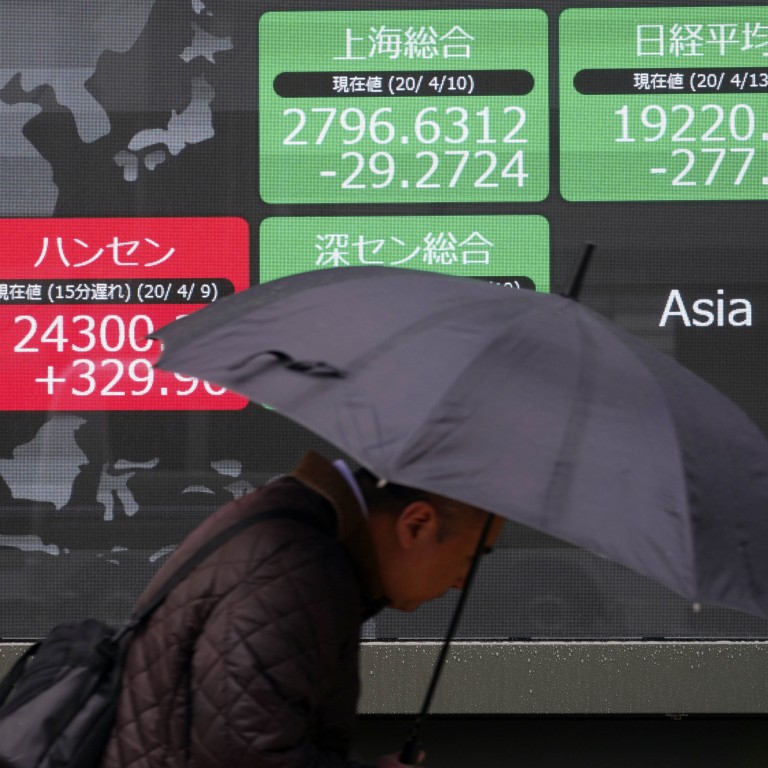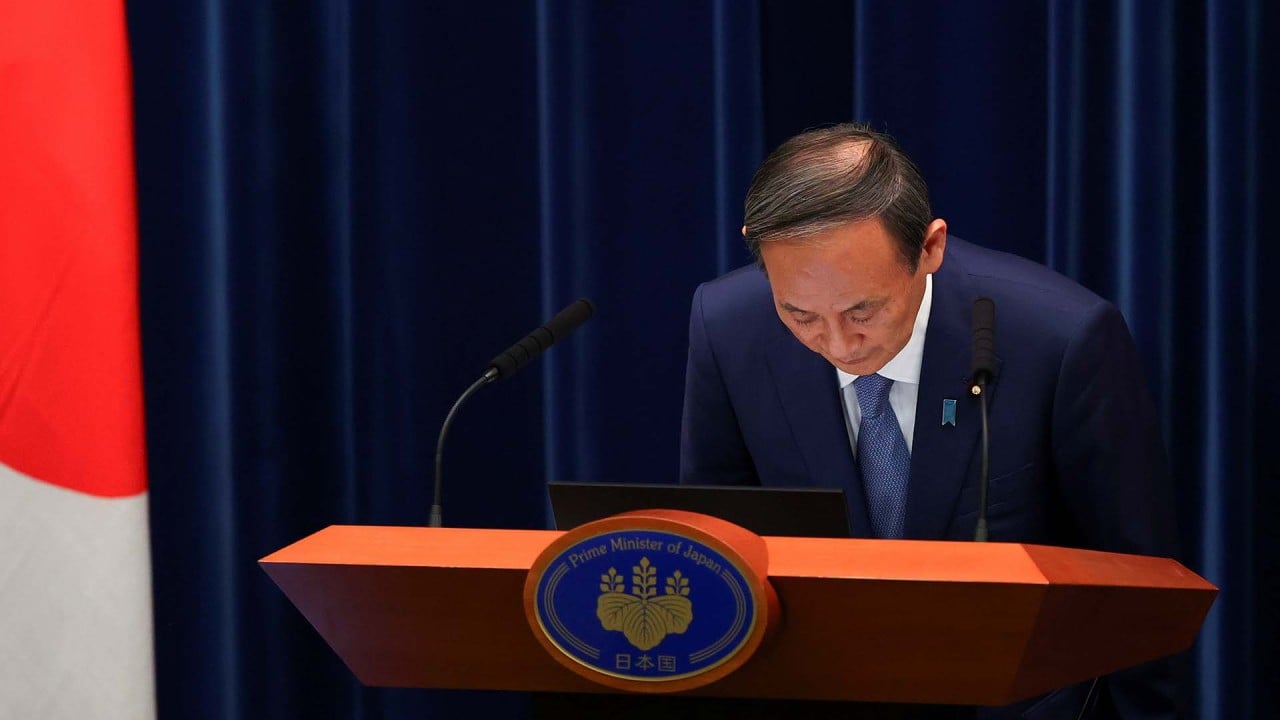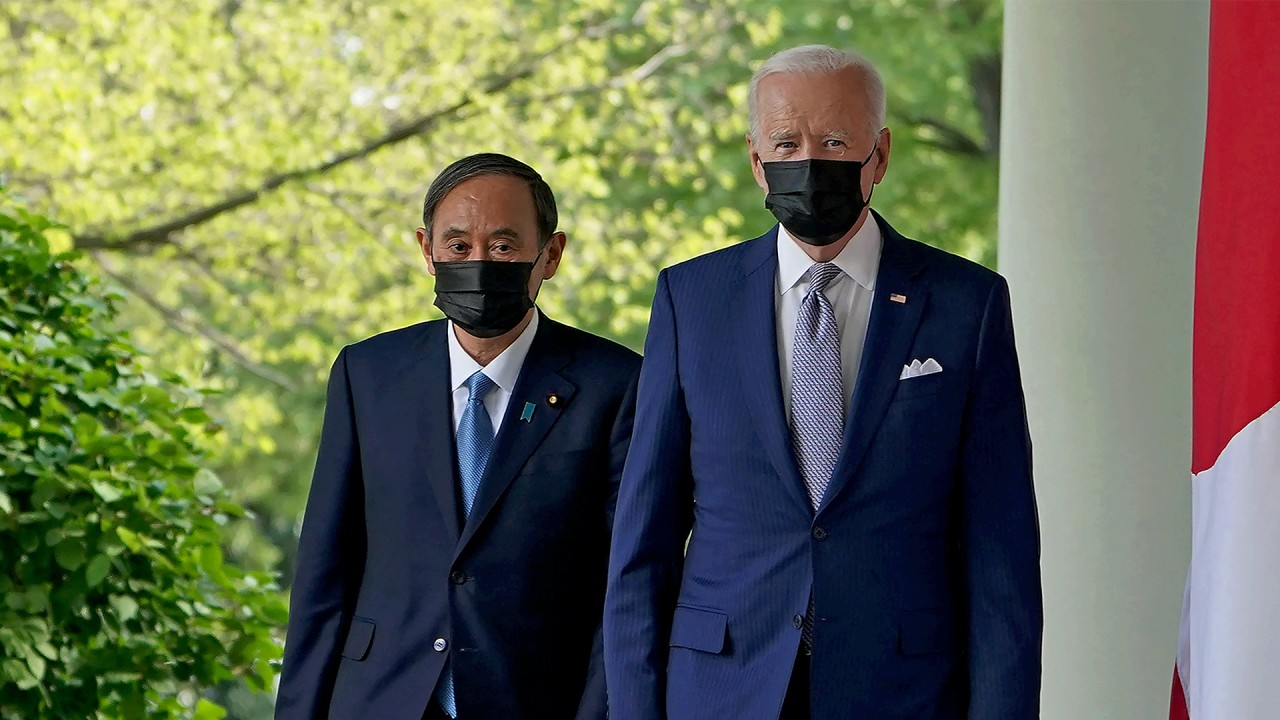
Ailing Japan needs new ideas from leadership contest to revive its regional role
- The contest to replace Yoshihide Suga should be wide open, but Japan’s mindset remains closed on key issues, such as the relationship with China and South Korea
- Economic opportunities in the shape of trade and investment abound if only the restraints of Japan’s relationship with the United States can be loosened
As a former senior Japanese official once told me, Japan is a country of “excellent foot soldiers but poor commanders”. Now, as a new batch of would-be commanders jostles to become prime minister, the danger is that whoever wins will again disappoint hopes of more visionary leadership.
There has been an increasingly forceful push to elevate national security concerns among Japanese foreign policy issues. But national security concerns are inward-looking and defensive rather than boldly outgoing.
For much of the post-World-War-II era, Japan has been a country “in” rather than “of” Asia. It was tied to the United States, for which it hosts US Asia-Pacific military forces as an “unsinkable aircraft carrier”, to quote former prime minister Yasuhiro Nakasone.
This odd geographic configuration prevents any chance of the emergence of the united East Asia that some have dreamed of. It is symbolised as much by the Quad security grouping of the US, Japan, Australia and India as by the rivalry with China in areas such as infrastructure.
What chance is there of more rational geoeconomic configurations emerging as a result of upcoming elections in Japan that are being billed as potentially game changing? The election of a new LDP president will be on September 29, followed by a House of Representatives election before the end of November.
The main candidates are jostling furiously for position. As political analyst Michael MacArthur Bosack noted, “the situation unfolding is dynamic, complex and unprecedented”.
One reason for this is that rank-and-file members of the LDP, which rules Japan in coalition with Komeito, will join party lawmakers in choosing the new leader. That should mean the contest is wide open but, in reality, Japan’s mindset remains closed on some key issues.
Suga resigns: what happens now and is Abe poised to return?
This speaks of a kind of psychological protectionism developing in Japan. Political leaders have fostered a reverence for past greatness and a culture of dependence in security and economic areas on Pacific partners rather than near neighbours.
It is hard to envisage any of the candidates in the struggle to become LDP president and prime minister breaking this mould. Kono and Kishida are former foreign ministers, but both have been shaped by domestic politics while Ishiba is a former defence minister.
Something new is needed to set Japan on a course of independent regional cooperation, especially with its near neighbours. Economic opportunities in the shape of trade and investment abound if only the restraints of transpacific relationships can be loosened.
The alternative seems to be for Japan to continue its genteel economic decline while the conservative political establishment slowly withers and dies. There is little of promise on the parliamentary opposition horizon meanwhile, and the game-changer elections might not signal game-over reforms.
Anthony Rowley is a veteran journalist specialising in Asian economic and financial affairs



